This photo essay introduces people who have contributed to the exhibit "Innovating STS in Turkey."
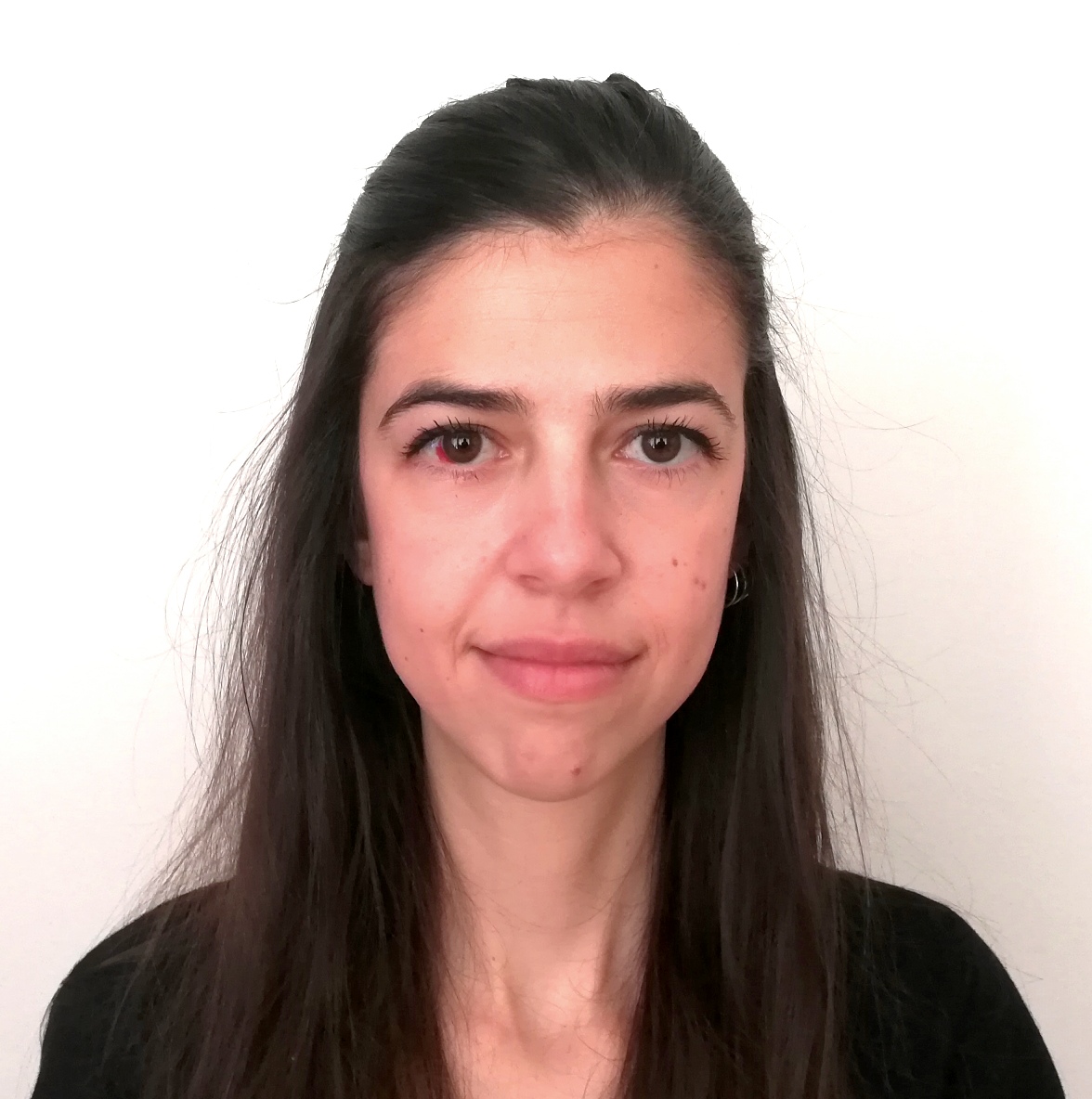
Aybike Alkan is a PhD candidate and research and teaching assistant in the Department of Sociology at Koç University, Turkey. She received her BS degree in Chemical Engineering from METU and MS degree in Industrial Engineering from Koç University. Being studied Turkey’s electricity generation system and energy infrastructures during my master’s studies, now she is interested in how engineers use, transform, and challenge technoscientific knowledge as well as the ways they make use of this knowledge, especially in the process of planning and implementing large-scale infrastructure projects. Accordingly, her research interests include politics of expertise, politics of development, and technology transfer across national and international borders. In her thesis, she studies a large-scale development project of Turkey through river basin planning, aiming at the construction of water infrastructures such as hydropower plants, irrigation tunnels, and pipes in a politically contentious region. She was a visiting student at York University, Canada in Spring 2017 and she holds Fulbright Scholarship to study at the Macmillan Center, Yale University in the 2019-2020 academic year. She is also one of the founding members of IstanbuLab, an independent research platform on Science, Technology, and Society in Turkey.
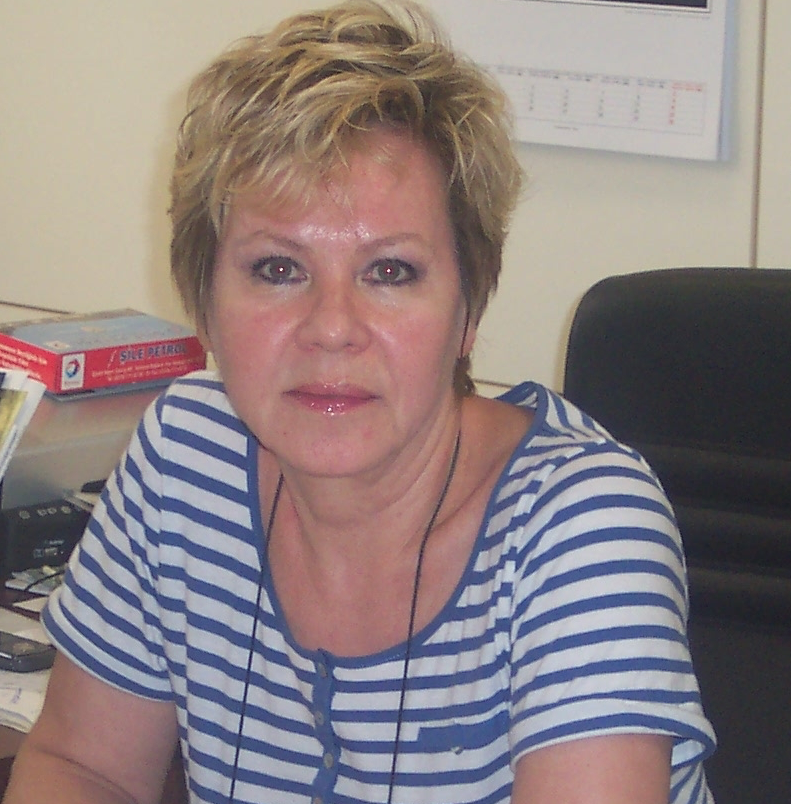
After graduating from the Civil Engineering Department of Bosphorus University, Prof. Dr. Hacer Ansal received her master’s degree in Soil Mechanics of Civil Engineering from Northwestern University and worked as a civil engineer for five years in the USA. She received her PhD in “Science, Technology and Industrialization” Program at “Science Policy Research Unit (SPRU)” of Sussex University. After working at Technology Programme in UNCTAD, Geneva, she joined the Management Faculty of Istanbul Technical University. (ITU). Alongside taking a number of administrative roles at ITU, the head of the Economics Department and deputy manager of the Social Sciences Institute, she opened the “Science, Technology, and Society” masters program. In 2005, she transferred to Işık University to establish the Humanities and Social Sciences Department. At Işık, she opened the division of “Science, Technology, and Society”, for the first time in Turkey, functioning under an undergraduate program. Until she resigned as a signatory of the Academics for Peace petition, she worked at different academic positions at Işık, where she also opened the “Technology and Innovation Management” masters program. She has international and national publications over the subjects including Management of Technology and Innovation, Flexible Production Organization Systems, Fordist and Post Fordist Production, Effects of New Technologies on Women’s Employment, New Technology Impact on Economies of Scale, and Socio- Economic Implications of Industry 4.0.
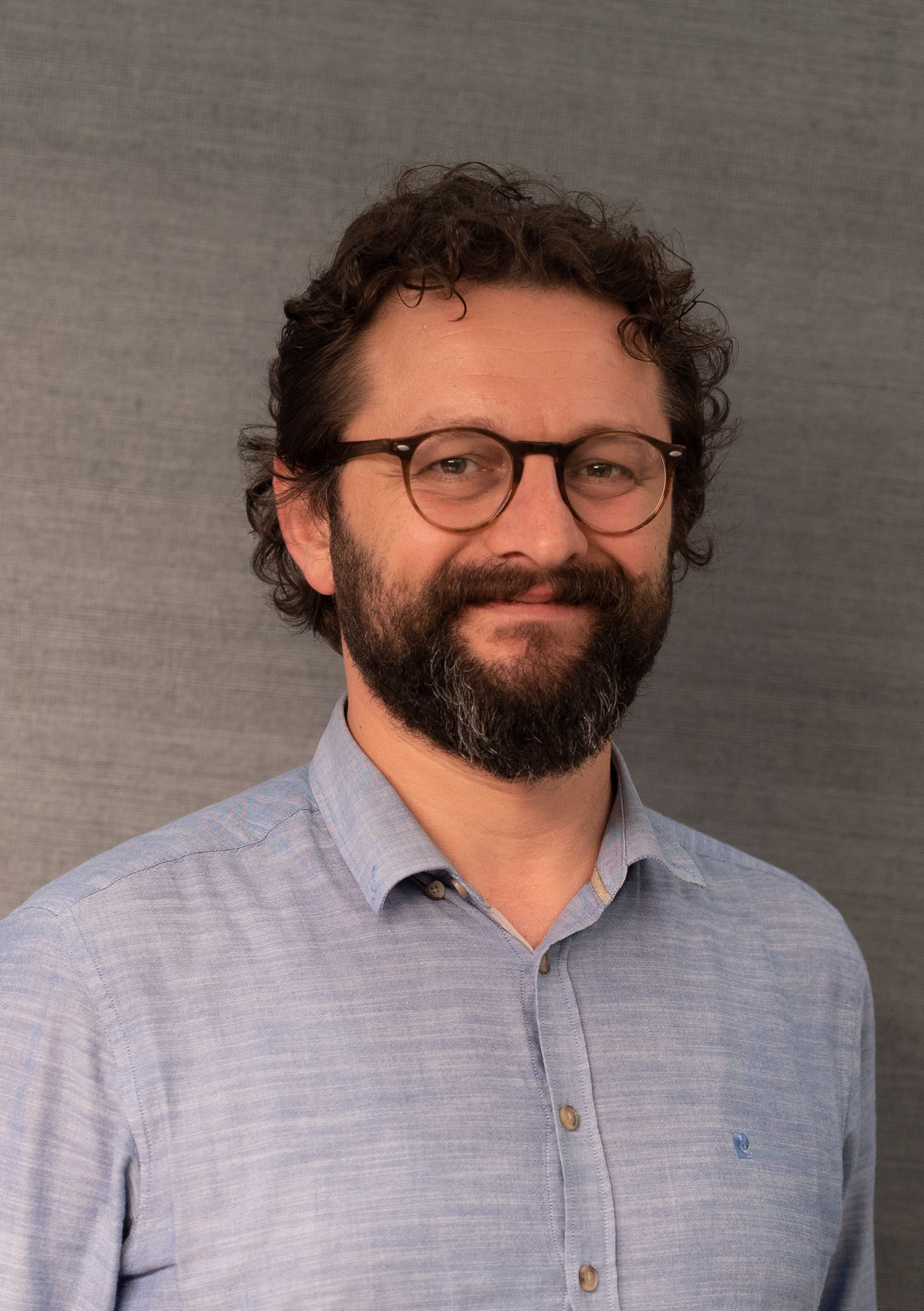
Fatih Artvinli is an Associate Professor of History of Medicine and Ethics at Acibadem University in Istanbul, Turkey. He graduated from Yusufeli Health Vocational High School (Department of Public Health) and received a B.A in Political Science and International Relations from Marmara University (2001), M.A in Political Science (2004) and Ph.D. in Modern Turkish History (2011) from Yıldız Techical University. He received a Fogarty Fellowship from National Institute of Health and worked as a postdoctoral research fellow at Harvard Medical School and the Boston Children’s Hospital (2015-2016).
From 2001 to 2012, Fatih Artvinli worked as a nurse and health officer at several medical institutions including Gebze-Tavşanlı Health Center, Beykoz Public Hospital, Zeynep Kamil Women and Children Hospital. During his Ph.D studies, he worked at Bakırköy Hospital for Psychiatry, Neurology and Neurosurgery. His research interests lie at the intersection of the history of psychiatry, bioethics and politics. Besides a number of journal articles appeared in History of Psychiatry and History of Neurosciences, he is the author of two books in Turkish: Osman Bölükbaşı: A Life Spent for a Mirage (Kitap Yayınevi, 2007), Madness, Politics and Society: Toptaşı Mental Asylum (1873-1927) (Boğaziçi University Press, 2013).
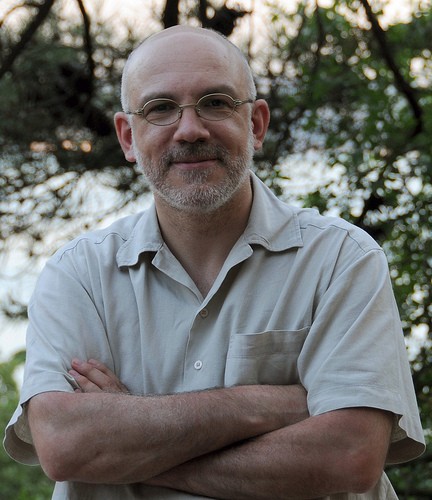
Can Candan is an independent filmmaker and a faculty member at Bogazici University, Istanbul, Turkey. He has a BA from Hampshire College/USA in film and video, and an MFA (a terminal degree, comparable to a PhD in other disciplines) from Temple University/USA in film and media arts. As a filmmaker since 1989, his works have been screened internationally at festivals, conferences, schools, universities, in galleries, cinemas, and on television. He has taught film courses and workshops, both in universities and media education centers in the United States and in Turkey. He is a founding member of docIstanbul Center for Documentary Studies (http://docistanbul.blogspot.com) which organized the 2010 Visible Evidence International Documentary Studies Conference at Bogazici University in Istanbul.
During the academic year he teaches a documentary history & theory course, a course on documentary cinema in Turkey and mentors film-related projects and theses. His latest film is "My Child" a feature documentary on parents of LGBTs in Turkey, which premiered in February 2013 at !f International Independent Film Festival in Istanbul, and has been exhibited and distributed widely, including theatrical, dvd, and online releases. In 2016, he published (Cambridge Scholars Publishing, UK) an edited book entitled "Kurdish Documentary Cinema in Turkey" with Suncem Koçer (Kadir Has University, Istanbul) and has been collaborating with her on a new edited book entitled "Documentary Cultures in Turkey," as well as working on a new book in Turkish, about the history of documentary cinema in Turkey. He is also developing and fundraising for his new feature documentary film entitled "Nuclear alla Turca” on the nuclear history/stories of Turkey.
In 2005, he resigned as the chair of the film and television department of Istanbul Bilgi University after the university administration refused to take action on a sexual harassment case and he was subsequently fired. In 2012, he helped establish Boğaziçi University's Sexual Harassment Prevention Commission. In 2014, he resigned as the head of the jury of the national documentary film competition at the Antalya International Film Festival, Turkey, calling attention to the censorship scandal regarding a documentary about the Gezi Park Uprising. In January 2016, he was one of the 2212 signatories of the Academics for Peace declaration calling on the Turkish Government to end the violence against the Kurdish population and resolve the conflict through peaceful means. Along with other signatories, he is accused of "making propaganda for a terrorist organization" and is being tried in a heavy penal court in Istanbul under the anti-terror law facing a minimum jail sentence of 15 months... He continues to actively advocate for peace, conflict-resolution, human rights, and environmental protection.

Dikmen Bezmez Edge is an associate professor in the Department of Sociology at Koç University. Her research focuses on the sociology of health and illness and disability studies. More specifically, her recent research interest has been on the social experience of physical rehabilitation. Her recent publications include an article published in 2016 in Disability & Society on discourses surrounding the concept of “walking” in in-patient rehabilitation in Turkey, in Scandinavian Journal of Disability Research on the use of medical technology in rehabilitation, and in Interactions: Studies in Communication and Culture, on representations of disability on Turkish Television Health Shows.
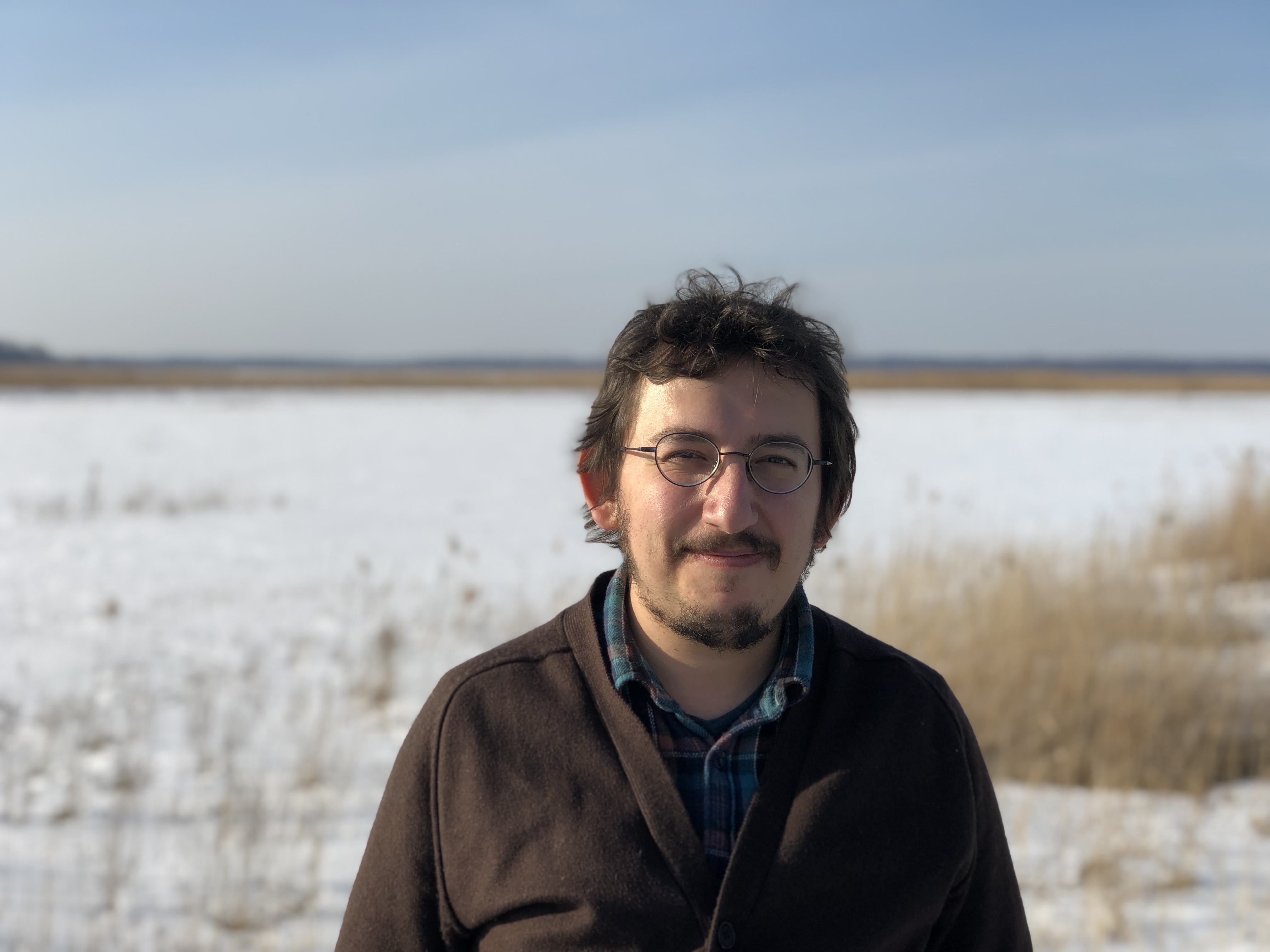
Mehmet Ekinci is a Ph.D. Candidate and Course Instructor at the Science and Technology Studies Department, Cornell University. His research interests revolve around questions regarding the social, cultural and ethical aspects of modes of economic action in life sciences research and biotechnology. In addition to his academic work, Ekinci writes, edits and translates for various magazines and publishing houses based in Istanbul including Bant Mag., Ayrinti Yayinlari and Kolektif Kitap. He received his Molecular Biology and Genetics (B.Sc.) degree from Bogazici University and he studies Sociology (M.A.) at the same university before joining Cornell University in 2012.
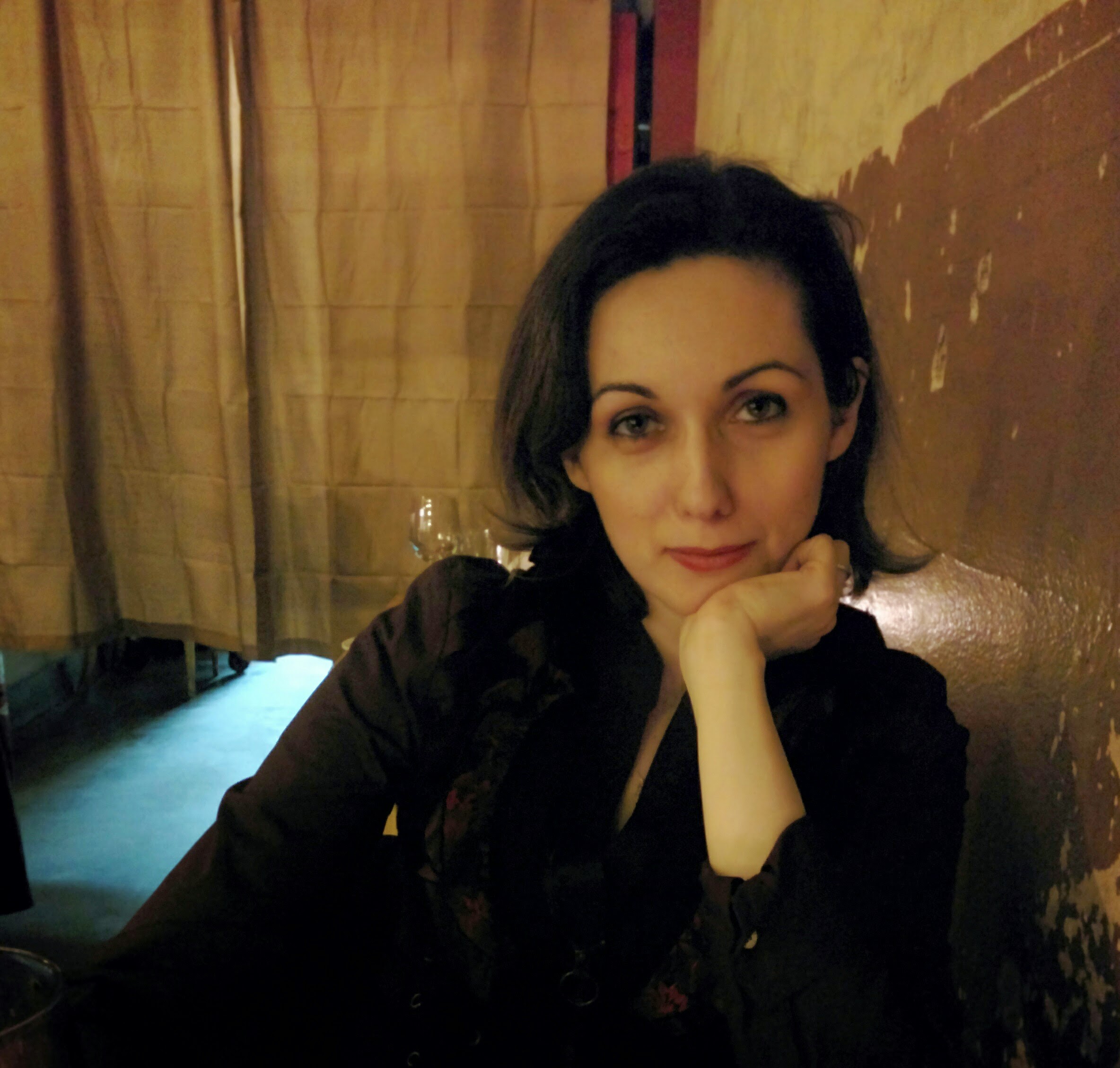
Maral Erol is an Associate Professor in the Isik University Humanities and Social Sciences Department. She has a PhD in Science and Technology Studies from Rensselaer Polytechnic Institute, and a BA and MA in Political Science and International Relations. After receiving her PhD, she completed her postdoctoral fellowship at Duke University. Her research interests are men & masculinities and gender, science & technology relations with a focus on biomedical technologies and medicalization. She has published on topics such as the medicalization of menopause in Turkey, perceptions of osteoporosis and risk in menopause, discourses of normal and abnormal menstruation, andropause and male aging, and functional foods and medicalization.

Öznur Karakaş has recently finalized her PhD studies in Universitat Oberta de Catalunya (UOC). She is a member of CARENET and STS-Barcelona research groups. She has two master’s degrees in philosophy in Istanbul Galatasaray University; and University of Toulouse Jean Jaures and Univerzita Karlova v Praze as part of the “Europhilosophie Master Erasmus Mundus Program in French and German Philosophy”. She is especially interested in the philosophical lineage of Actor-Network Theory, care politics, and feminist epistemologies in feminist techno-science studies as well as the potential use of these theories in social movement studies. She wrote her PhD thesis on embodiment and affect politics in 2013 Gezi Movement by making use of the Deleuze-Guattarian concept of agencement.
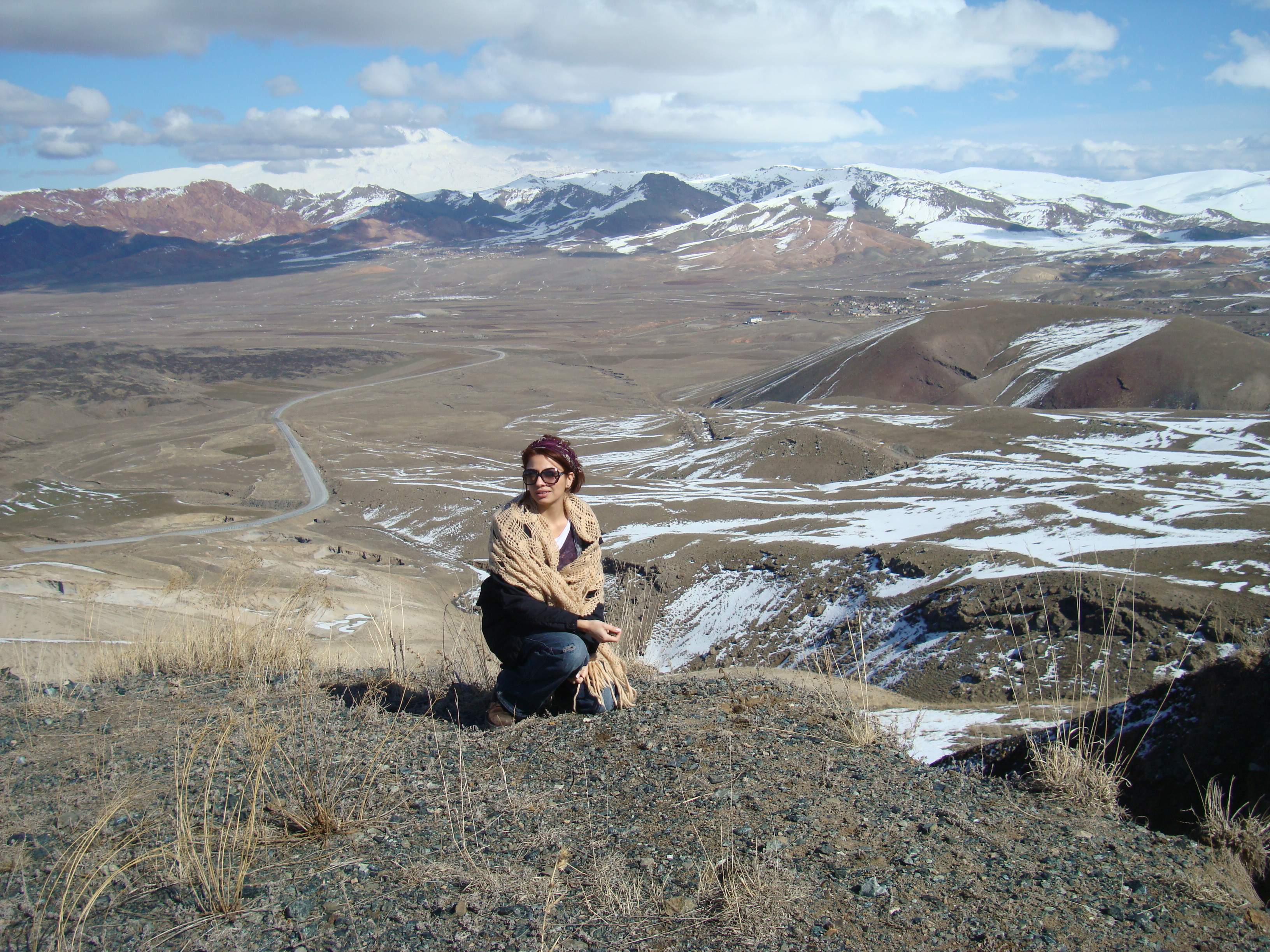
Duygu Kaşdoğan is an anthropologist, active in the field of Science and Technology Studies (STS). Her research and teaching focus on transdisciplinary sustainability studies, urban infrastructures, political ecology, and bioeconomies. She received her BA degree from the Political Science and International Relations Department at Boğaziçi University (2008), and MA degree from the Comparative Studies in History and Society Program at Koç University (2011). She was a visiting researcher in the Anthropology Department at the Massachusetts Institute of Technology in 2013-2014, and a research fellow in the Sociology Department at Koç University under the TÜBİTAK Co-Funded Brain Circulation Scheme fellowship programme in 2016-2017. She completed her doctoral degree in Science and Technology Studies Program at York University, Canada (2017). Her dissertation investigated the potentiation of algae as sustainable resource for bioenergy economies through a multi-sited ethnographic research conducted in the United States and Turkey.
Currently, Dr. Kaşdoğan is employed as a Dr. Research Associate in the Division of Urbanization and Environmental Problems at the Department of Political Science and Public Administration at İzmir Katip Çelebi University. She teaches courses on urbanization processes, environmental problems, and the politics of science and technology, while building a long-term transdisciplinary research program on sustainability. As a member of IstanbuLab (Science, Technology, and Society Research Platform in Turkey) and the Society for Social Studies of Science, she actively collaborates with STS scholars in a number of research projects related to social and cultural studies of science in Turkey, and transnational STS. She is also the co-curator of STS Muhabbetleri public event series hosted by Akbank Sanat since 2018.
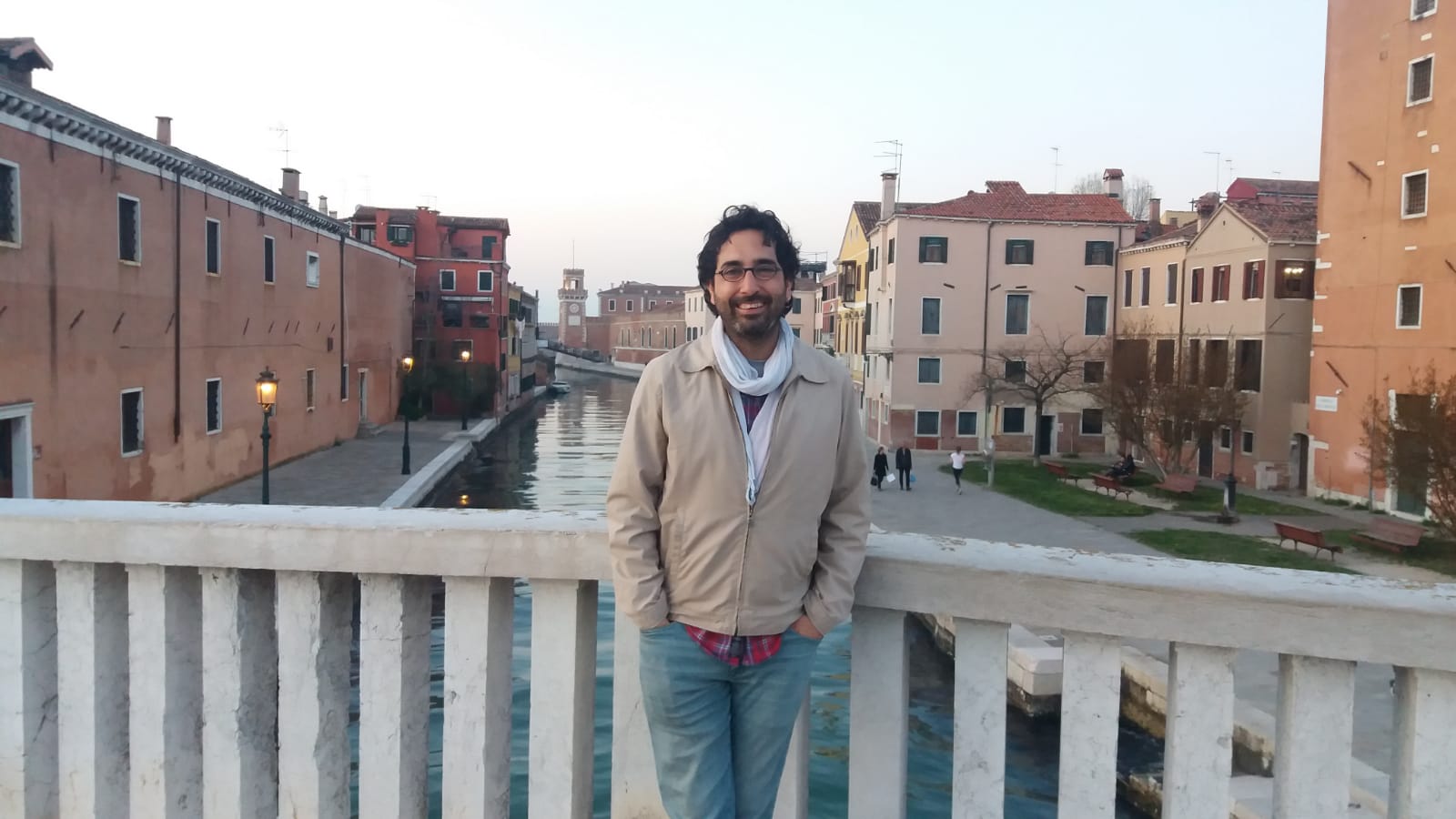
Z. Umut Türem received his PhD degree from the Institute for Law and Society, New York University. He is currently an associate professor at the Ataturk Institute for Modern Turkish History at Boğaziçi University. His research focuses on the political economy of law and regulation as well as broader questions of law and society. More specifically, he examines the production and global circulation of legal and economic technologies in the neoliberal era, such as competition laws, independent expert agencies and the legal notion of property. He recently edited (with three other colleagues) a volume entitled “The Making of Neoliberal Turkey” (Ashgate, 2016) and guest edited (with Andrea Ballestero) a special issue of the Indiana Journal of Global Legal Studies entitled “Regulatory Translations: Expertise and Affect in Global Legal Fields” (2014). His recent articles appeared in differences: A Journal of Feminist Cultural Studies, Journal of International Relations and Development and South Atlantic Quarterly.

Duygu Kasdogan. 14 August 2019, "Contributors to the Exhibit "Innovating STS in Turkey"", STS Infrastructures, Platform for Experimental Collaborative Ethnography, last modified 19 February 2020, accessed 17 April 2025. https://stsinfrastructures.org/content/contributors-exhibit-innovating-sts-turkey
